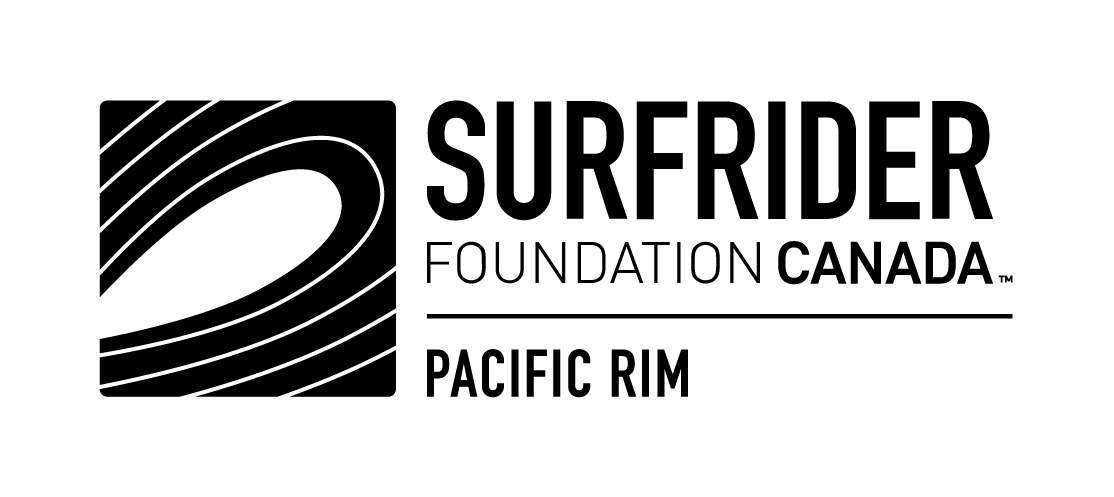Blue Friday funding Styro-Surfboards
Blue Friday is an initiative pioneered by a group of businesses as an alternative to Black Friday. All participating businesses pledge to donate a portion of sales from November 25th, 2022, to directly support Blue Friday's Ocean conservation initiatives. To register your business, fill out this form HERE!
This year we a raising funds for a Styrofoam processing facility to create styro-surfboards! Over the years of our partnership, Blue Friday has helped to demonstrate that Styrofoam pollution is one of the most noxious and omnipresent threats to our ocean. In 2021 we worked together to remove a major contributor to this pollution: unencapsulated foam docks. This year, we hope you’ll help us to close the loop by building a localized circular economy for styrofoam - in the form of Styro Surfboards! Once removed from the aquatic environment, styrofoam still poses a significant environmental challenge. Currently, our best option is to truck the material to a facility with chemical recycling capabilities. However, given that styrofoam is mostly air, and marine styrofoam is very dirty and contaminated with organic matter, this is incredibly inefficient to the point of being counterproductive. With your help, Surfrider Pacific Rim would like to build a marine styrofoam processing facility that will turn toxic trash into treasured Surfboards. In June 2021, we removed several large pieces of styrofoam from a popular surfing beach north of Tofino and challenged local shapers to work with this material to create a rideable surfboard. After much collaboration, research, and development, several have enjoyed huge success at shaping high-performance boards from salvaged styrofoam. Surfrider Pacific Rim was even able to auction one off as part of our annual fundraiser in November - it was easily our most sought-after prize! Now that we have proved the concept, we are looking to scale out the project. This will include building the capacity to clean, grind, and process marine plastics into usable products. Offcuts and material that is too contaminated to be upcycled will be ground down and compressed, making it far more cost-effective to ship to the chemical recycler. Coastal communities across BC and the world have been carrying the burden of the marine debris crisis. With your help, we can build a scalable, replicable model that will empower coastal communities to turn the trash on their shorelines into a resource, building capacity for a plastic circular economy, cleaning up our ocean, and reducing dependence on virgin fossil fuels. That’s a win win win!
